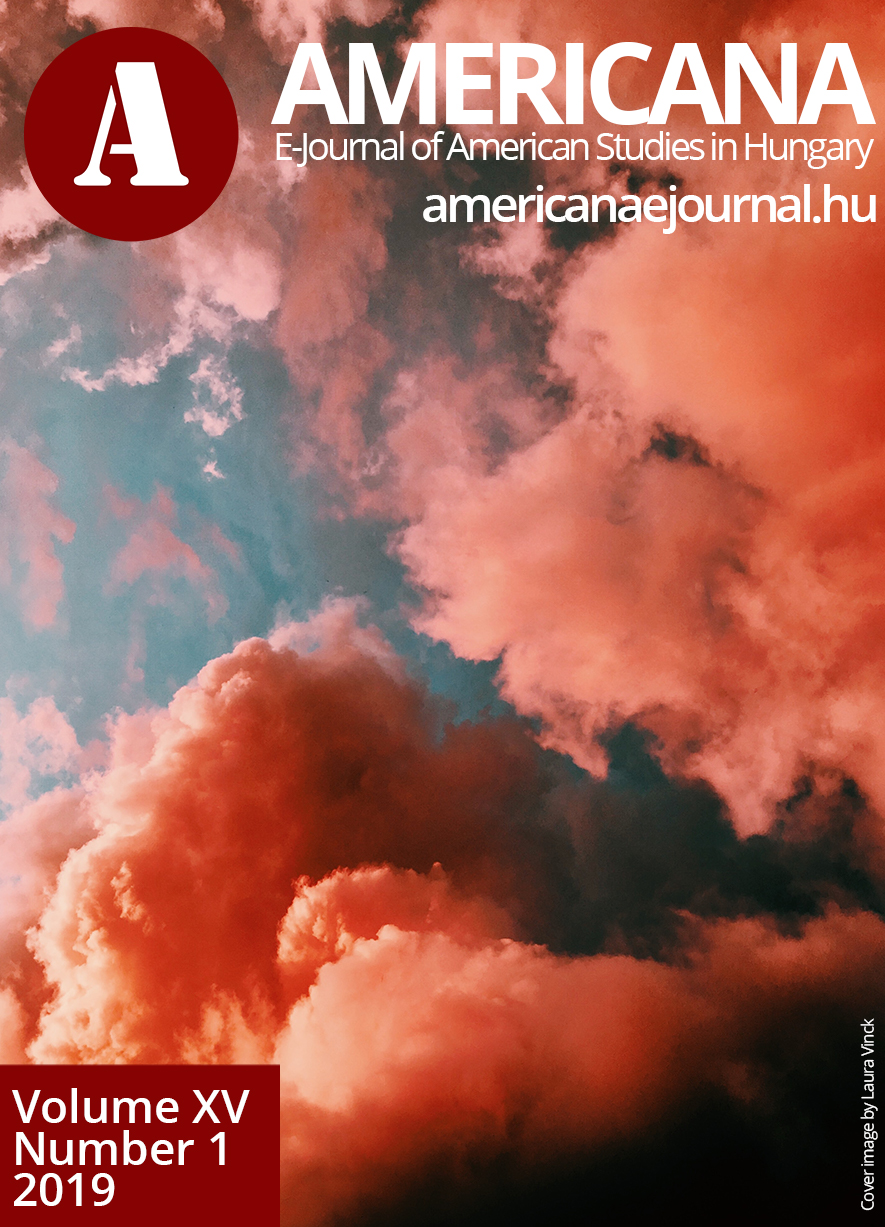Image Versus Reality in Peter Farrelly’s Green Book
Main Article Content
Abstract
Green Book is a 2018 American drama film directed by Peter Farrelly. Set in 1962, the film tells the true story of a tour of the Deep South by Jamaican–American classical and jazz pianist Dr. Don Shirley (Mahershala Ali) and Italian-American bouncer Tony Vallelonga (Viggo Mortensen) who worked as Shirley’s driver and bodyguard. The film has been criticized for advancing a white savior that maintains racial stereotypes. My paper aims to focus on the film and intends to, firstly, scrutinize on the genre of white savior narrative. New York Times writer Wesley Morris characterized Green Book as being a "racial reconciliation fantasy" common to Hollywood films. Secondly, it aims to focus on the controversy behind the Green Book since critics accused the film of ignoring the very object it was named after the Negro Motorist Green Book, a travel guide by Victor Hugo Green. The atlas guided African-American travelers to find “safe” hotels and restaurants across the segregated Jim Crow South. Thirdly, the paper deals with the function of the Green Book in constructing American national identity by analyzing selected editions of the Negro Motorist Green Book published from 1937 to 1966 and digitized by the Schomburg Center for Research in Black Culture at the New York Public Library. The central theme of this paper is to highlight that the Green Book maps the territorial limits of African American freedom and it was also a guide of black self-reliance.
Downloads
Article Details

This work is licensed under a Creative Commons Attribution-NonCommercial 4.0 International License.

